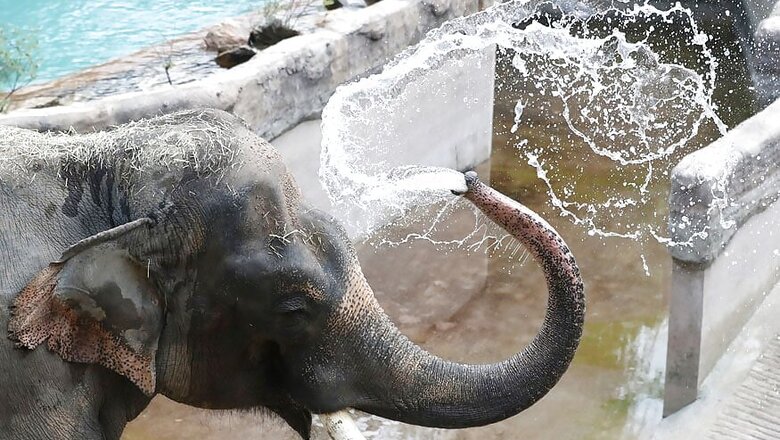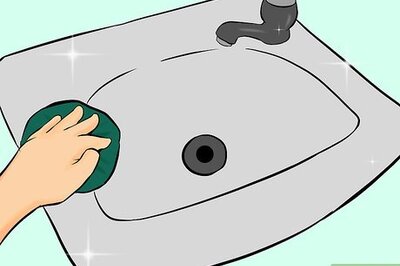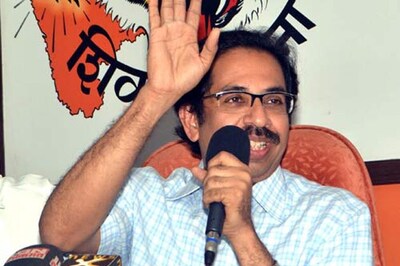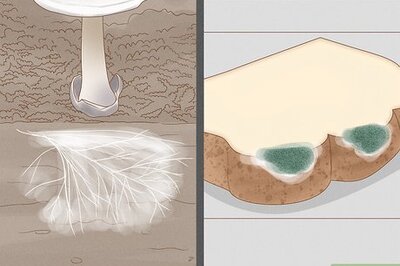
views
New Delhi: For the first time in India, four elephant calves have died in Bhubaneswar's Nandankanan zoo within a month after contracting the elephant endotheliotropic herpes virus (EEHV), according to the Central Zoo Authority.
Another elephant calf died on the outskirts of the Odisha capital on Monday due to the virus.
"Experts are shocked. This the first time that elephant calves have died due to EEHV in any zoo across India," Central Zoo Authority's Member Secretary S P Yadav, who recently inspected the zoo, said.
"The elephant calves were aged less than 11. The Indian Veterinary Research Institute in Bareilly and the Veterinary College in Guwahati have confirmed EEHV as the cause of the deaths," he said.
EEHV causes rupturing of capillaries that leads to edema, a medical condition wherein capillaries leak fluid into surrounding tissues. Organs stop functioning due to lack of blood and the animal dies within 24 hours.
The deaths have prompted the CZA to set up a six-member team of veterinary specialists to develop a standard operating procedure to prevent deaths in such cases.
Yadav has instructed the Nandankanan zoo staff to screen animals to identify the carriers and isolate them.
"The zoo had five elephant calves. They were found abandoned in a forest and rescued. The last of the five has been isolated. The zoo staff is conducting pathology tests on it every week. So far, they have not been able to detect if the pachyderm is carrying the virus," he said.
Guwahati-based elephant expert Gaurango Mahato said he successfully treated two EEHV cases the Guwahati zoo in July and August last year.
EEHV is peracute and treatment should be start at the earliest, he said.
"India doesn't have a vaccine for EEHV yet. We follow the standard protocol for treatment that involves anti-viral drugs, antibiotics and supporting medicines," Mahato said, adding, "A US company has developed a vaccine. We will approach them only after ascertaining if the strain of herpes virus detected in the US is the same as ours."
EEHV, considered dangerous for elephant calves aged between 2 and 8, has six strains — 1A, 1B, 2, 3, 4 and 5. The EEHV1A strain is found in Assam and Odisha. Karnataka, Kerala and Tamil Nadu have reported EEHV1A, 1B, 3, 4 and 5, he said.
Though adult elephants have been found carrying the virus, they do not show any sign of it. The virus spreads from one elephant to another but not to other animals or human beings, Mahato said.
Mahato said an international conference will be organised on EEHV in Assam from October 28 to 30 and scientists and animal experts from 20 countries will take part in it. PTI GVS




















Comments
0 comment